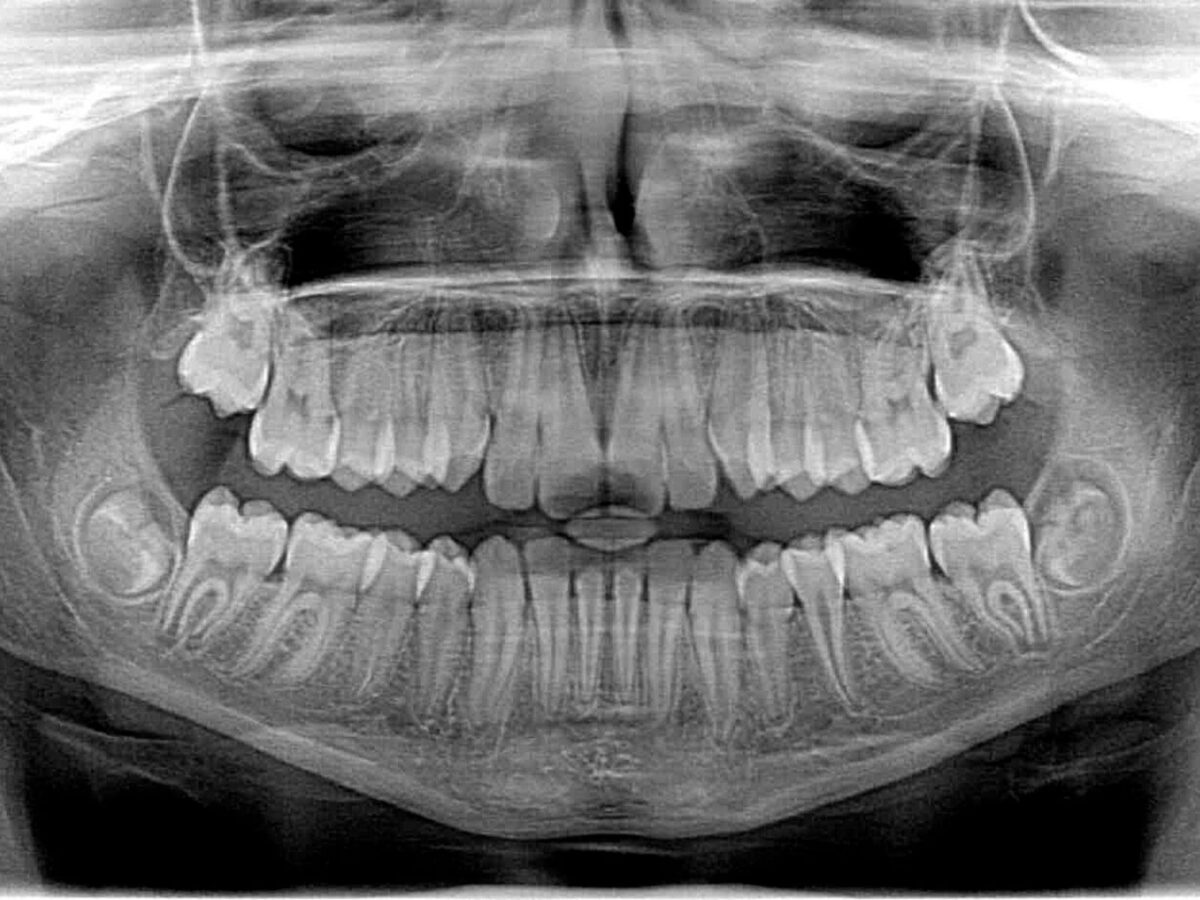Blog
Dental hygiene tips for healthy teeth & gums

Top 5 Dental Problems And How To Prevent Them
Your oral health is very important for your overall well-being. Brushing and flossing are essential, but they are not the only steps to maintaining a healthy smile. Understanding common dental issues and their prevention can help protect your teeth and gums for life. Here are the five most common dental concerns and tips to maintain optimal oral health.
Tooth Decay
The most common dental problem that dentists deal with is tooth decay, also known as cavities or caries. There are very few people who have never had cavities at least once. This disorder develops when oral bacteria coat teeth with a sticky substance called plaque.
These bacteria feed on sugars from food, converting them into acids that erode tooth enamel. Over time, the acid erodes the enamel, reaching the dentin layer beneath, causing permanent harm to the tooth.
Symptoms of tooth decay include visible holes in the teeth, sensitivity, and toothaches, especially when consuming hot, cold, or sweet foods. Severe decay can lead to infections and other complications, emphasizing the importance of timely intervention.
Prevention Tips
- Fluoride Treatment: You can use professional fluoride treatments, as fluoride contributes positively to the hardness of the enamels.
- Limit Sugary Foods: Minimize taking snacks and products rich in sugar since they contribute to forming oral plaque.
- Regular Dental Check-ups: Evaluations during dental checkups help in the early identification and treatment of these oral diseases.
Gum Disease
Gingivitis is the first and least severe stage of what is commonly referred to as gum or periodontal disease. This is a bacterial infection disease that is provoked by the formation of plaque. Signs and symptoms include sore red gums that bleed whenever you brush or floss, constantly foul breath, and teeth that are sensitive to touch, especially while chewing.
Poor brushing habits, neglected oral hygiene, and risk factors like smoking, diabetes, and pregnancy contribute to gum disease. Crooked teeth that are difficult to clean can also increase the risk. Regular dental visits are essential for the early detection of periodontal disease, which can occasionally be asymptomatic.
Prevention Tips
- Effective Oral Hygiene: The best oral hygiene regimen involves brushing your teeth, flossing, and using an antiseptic mouthwash.
- Professional Cleanings: This keeps off plaque and tartar, which must be removed through professional cleaning.
- Quit Smoking: Smoking is listed as one of the major causes of gum disease, and people should quit the habit to have healthy teeth.
Bad Breath
Halitosis is one of the most common oral health issues, affecting millions of people globally. Fortunately, it is rarely serious and can often be addressed with appropriate treatments and preventive measures. Commonly known as bad breath, halitosis can stem from various causes. These include tobacco use, poor oral hygiene, mouth infections, and certain medications. Additionally, it can be triggered by pathogens or specific foods such as onions, garlic, and spices, as well as underlying health conditions affecting the mouth, nose, or throat. Other potential causes of bad breath include:
- Poor oral hygiene
- Dry mouth
- Medication
- Infection
- Acid reflux
- Cancer
Your breath may also show signs of foul smells because one or more of the foods you eat regularly are causing the problem. Common foods that cause halitosis include ginger, garlic, and onions. Since there are many causes of bad breath, your dentist will check you over and recommend the right treatment for your case.
Prevention Tips
- Proper Oral Hygiene: Brush the teeth, gums, and tongue to remove bacteria.
- Stay Hydrated: Drinking water keeps the secretion of saliva going to prevent drooling.
- Regular Dental Check-ups: Dental professionals have more of an understanding of the causes.
Sensitive Teeth
Another problem people encounter is tooth sensitivity. It happens when the tooth enamel becomes worn out or when the tooth roots are exposed outside due to tooth erosion. Other reasons for sensitive teeth may include cavities, gum disease, worn down teeth or exposed roots due to gum shrinkage or bone loss, and accidental tooth grinding and eating on ice.
It is a very painful and irritating disease in which the tooth becomes touchy, and the patient experiences discomfort or pain while eating. The sensation of the tooth nerves tingling signifies the patient is eating hot or cold, sweet or sour commodities.
Tooth decay, sometimes known as dentin hypersensitivity, also causes pain and sensation in the teeth. Other potential reasons are as follows:
- Gum disease
- Root infection
- A cracked or broken tooth
- Worn-down crown or fillings
- Enamel erosion
- Receding gums
Sensitive teeth can also occur because the outer layer of teeth, known as the enamel, is thin.
For sensitive teeth, there are different kinds of toothpaste and solutions for mouthwashing. Your dentist may also advise you to have a fluoride treatment, crown, gum graft, or root canal done.
Prevention Tips
- Use a Soft Toothbrush: Clean them gently so you do not wear out the enamel.
- Desensitizing Toothpaste: Some kinds of toothpaste can also be useful regarding sensitivity.
- Address Teeth Grinding: A mouth guard can also protect teeth from harm caused by teeth grinding.
Dry Mouth
Dry mouth, also known as xerostomia, can affect individuals of any age, although it is more commonly observed among elderly people. While it is not inherently linked to aging, certain health conditions and treatments increase the likelihood of experiencing dry mouth. Common causes include cancer therapies such as radiation, diseases of the salivary glands, nervous system disorders, and diabetes mellitus. Additionally, HIV/AIDS and the side effects of various medications can significantly contribute to dry mouth and throat. This condition can lead to discomfort and other oral health issues if not properly managed.
For instance, staying hydrated by drinking water regularly throughout the day can help alleviate dry mouth and throat. It is also essential to avoid certain substances, even if they seem harmless, as they can contribute to dehydration. Consuming foods or drinks containing these substances, such as alcohol, caffeine, and high-sugar content, can exacerbate dryness and should be minimized while maintaining a sufficient intake of fluids.
Prevention Tips
- Stay Hydrated: Ensure you take enough water to stimulate your salivary glands to produce saliva.
- Limit Caffeine and Alcohol: These substances can lead to dehydration and increase the occurrence of dry mouth.
Wrapping Up
We must familiarize ourselves with these dental ailments and learn how to prevent them properly. Proper brushing, periodic visits to the dentist, and a healthy lifestyle enable one to maintain good-looking teeth at one age. Remember, your smile is a treasure that should be protected! Visit Port Lavaca Dentist for any help.


